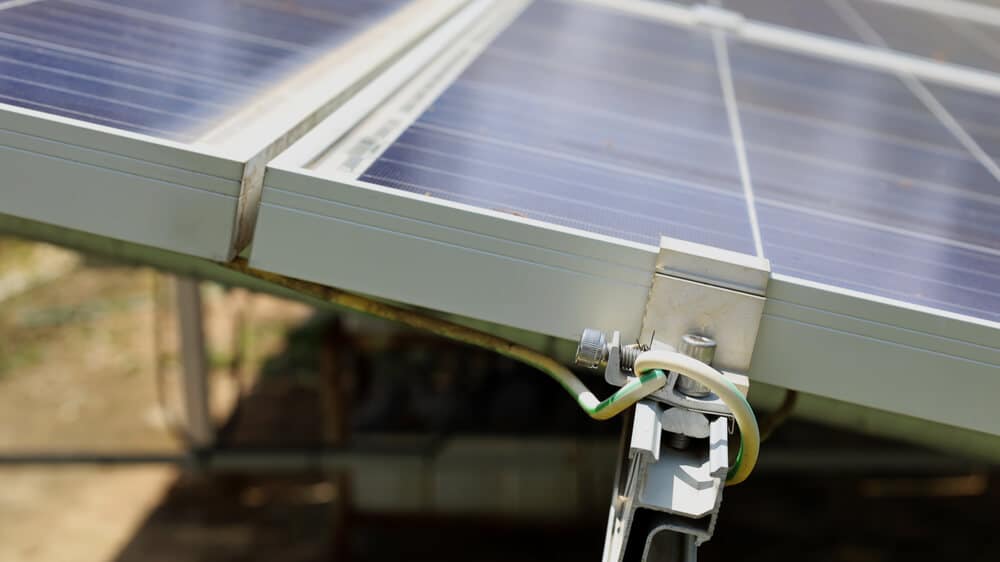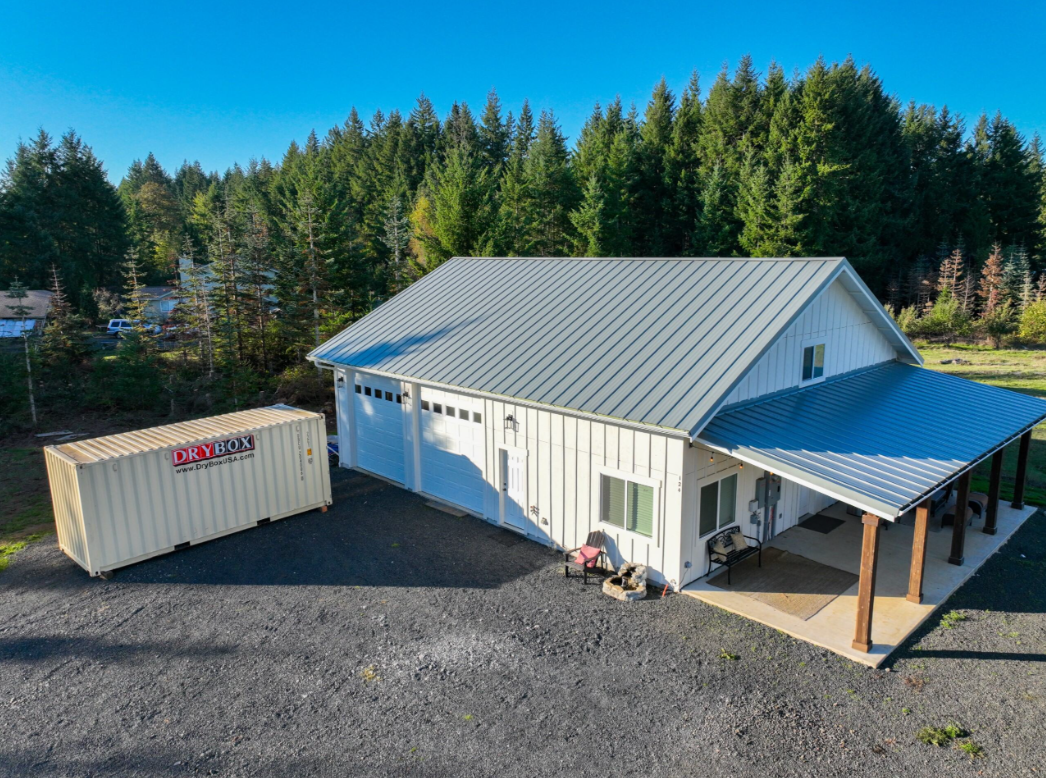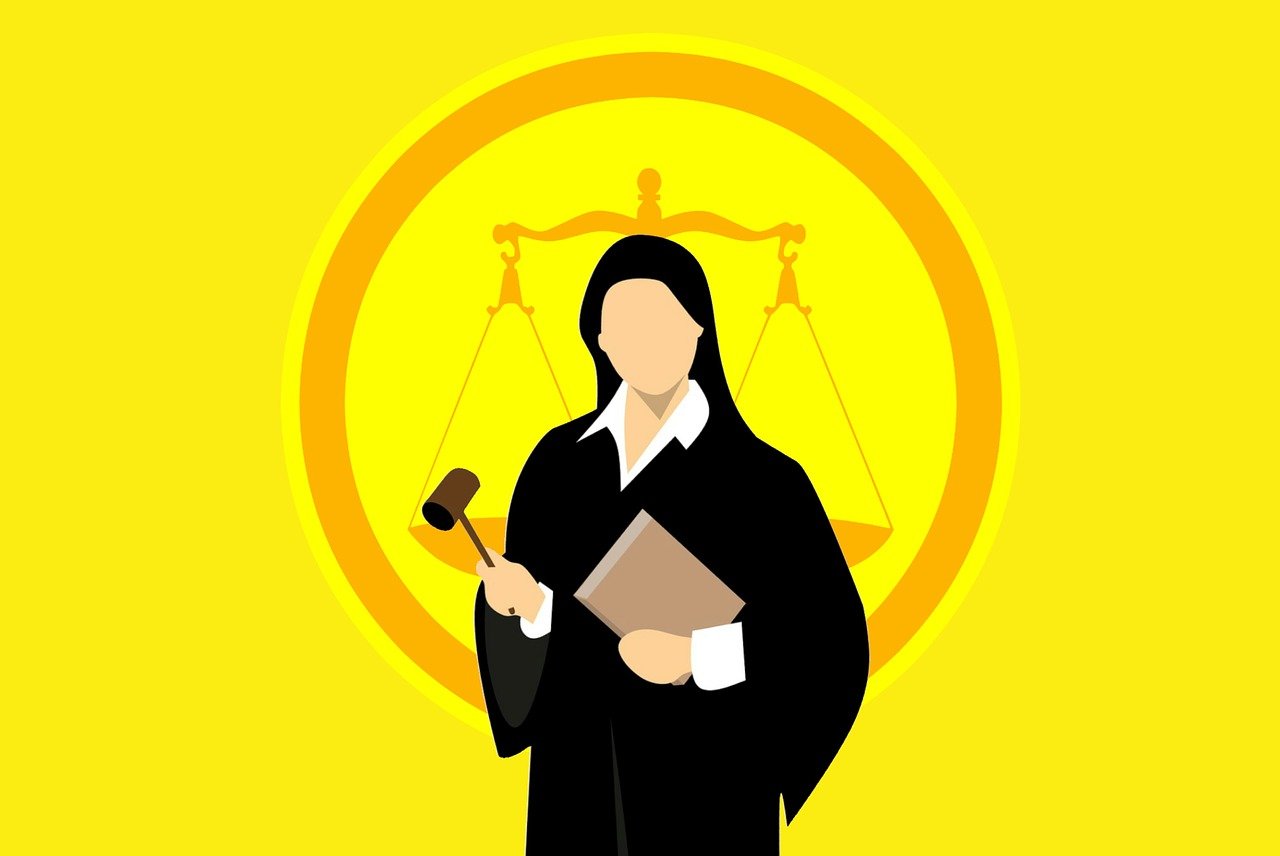The Importance of Grounding in Solar Panel Maintenance
Solar panels are growing in popularity. In the USA, the residential segment set a quarterly record at the end of 2023, with 1.8 GWdc installed across over 210,000 projects. That’s 12% growth over the same quarter last year.
If you’re a homeowner looking to harness the power of the sun, understanding the significance of grounding is essential for maintaining a dependable, efficient, and safe solar system.
Let’s start with the basics
Solar panels work by generating direct current (DC) electricity, and if left ungrounded, they can potentially turn into a shock hazard. Imagine a fault occurring – grounding provides a safe path for those electrical currents to dissipate, significantly lowering the risk of electric shock for homeowners and the brave souls undertaking maintenance.
With solar panels often perched atop roofs, they become modern-day lightning rods. Grounding systems is a big part of your solar panel maintenance and plays a crucial role in diverting the electrical energy from lightning safely into the ground, shielding your solar setup from potential fire hazards. If something goes wonky in that electrical flow – a short circuit, a hiccup – grounding comes into play and provides a clear path for electrical faults to take a detour away from your precious solar panels. Without proper grounding, it’s like a traffic jam on your solar panel highway. The electrical current gets stuck, and that bottleneck can lead to overheating. Grounding diverts excess current away and prevents your panels from turning into unintentional hotplates.
Without grounding, those trapped electrical currents can create sparks, like tiny, unwanted fireworks. Sparks mean potential ignition sources, and we don’t want solar setups to be accidental fire-starters.
Rules are there for a reason. Many building and electrical codes mandate proper grounding for residential solar installations. Compliance isn’t just about checking boxes—it’s the key to obtaining permits, securing insurance coverage, and ensuring that your solar system meets the highest safety standards.
Optimizing your system performance
Grounding isn’t just about safety; it’s about optimizing performance, too. By reducing electromagnetic interference (EMI) and radio-frequency interference (RFI), grounding ensures that sensitive electronic components, like inverters, can operate without disruption. Think of it as creating a serene environment for your solar system to perform at its best.
Solar equipment needs protection as well. Grounding acts as the shield against corrosion and static charge build-up, ensuring the longevity and reliability of crucial components such as panels, inverters, and wiring. It’s the secret to a solar system that stands the test of time.
Mitigating those pesky stray currents
Ever heard of stray currents wreaking havoc? Proper grounding prevents these electrical wanderers from flowing into nearby underground pipelines or structures. This safeguards against corrosion and ensures that your solar system plays nice with its surroundings, minimizing damage and potential headaches.
In the grand tapestry of solar panel maintenance, grounding may seem like a subtle thread, but its importance cannot be overstated. It’s the safety net, the guardian, and the performance enhancer—all rolled into one. So, let’s give grounding the credit it deserves and keep those solar systems shining bright.
Other important grounding considerations
Regardless of whether you have stone-coated metal roofing or another type of material, there are some factors you need to consider for proper grounding. It’s always a good idea to get cozy with the national and local electrical codes. These codes are like the Bible for solar installations. They lay down the law on how to ground and bond your system properly. Don’t play fast and loose with them – familiarity is your friend here.
You wouldn’t wear flip-flops to climb Everest, and the same idea goes for grounding equipment. Quality matters. Choose high-grade gear that plays nicely with the size and specs of your solar system. Ensure your gear meets safety standards; otherwise, you’re setting yourself up for a wardrobe malfunction of the electrical kind.
Using qualified installers who know the ropes – especially when it comes to proper grounding is important. These folks aren’t just electricians; they have the experience and knowledge to ensure you’re soaking up the sun worry-free.
Regular maintenance catches potential issues early
You don’t have to be a maintenance maniac, but a little regular attention goes a long way. Solar panels should have a good service at least once every two years. A one-off inspection might be in order if your solar system starts acting up in-between the major ones.
Choosing a new home is a big decision
At A House in the Hills, our friendly and knowledgeable team is ready to assist you in finding the perfect home that aligns with your needs and preferences. Our homes are carefully crafted to harmonize with the natural landscape. Imagine large windows, spacious decks, open-plan living spaces, and, of course, those helpful solar panels! We bring the beauty of the outdoors inside to be more than a home; it’s a serene escape.







